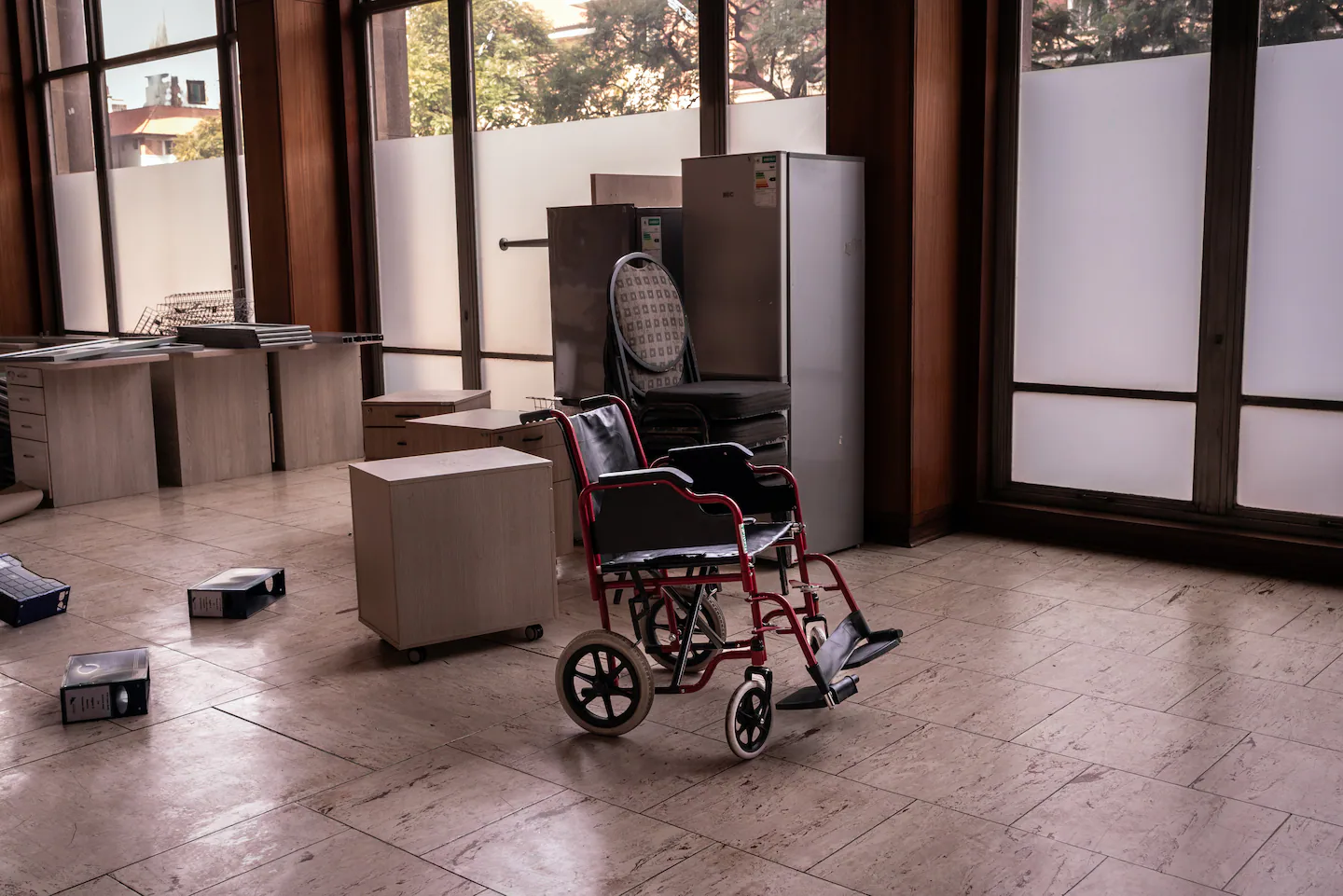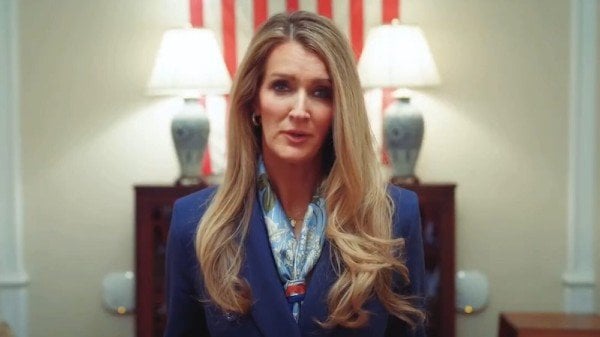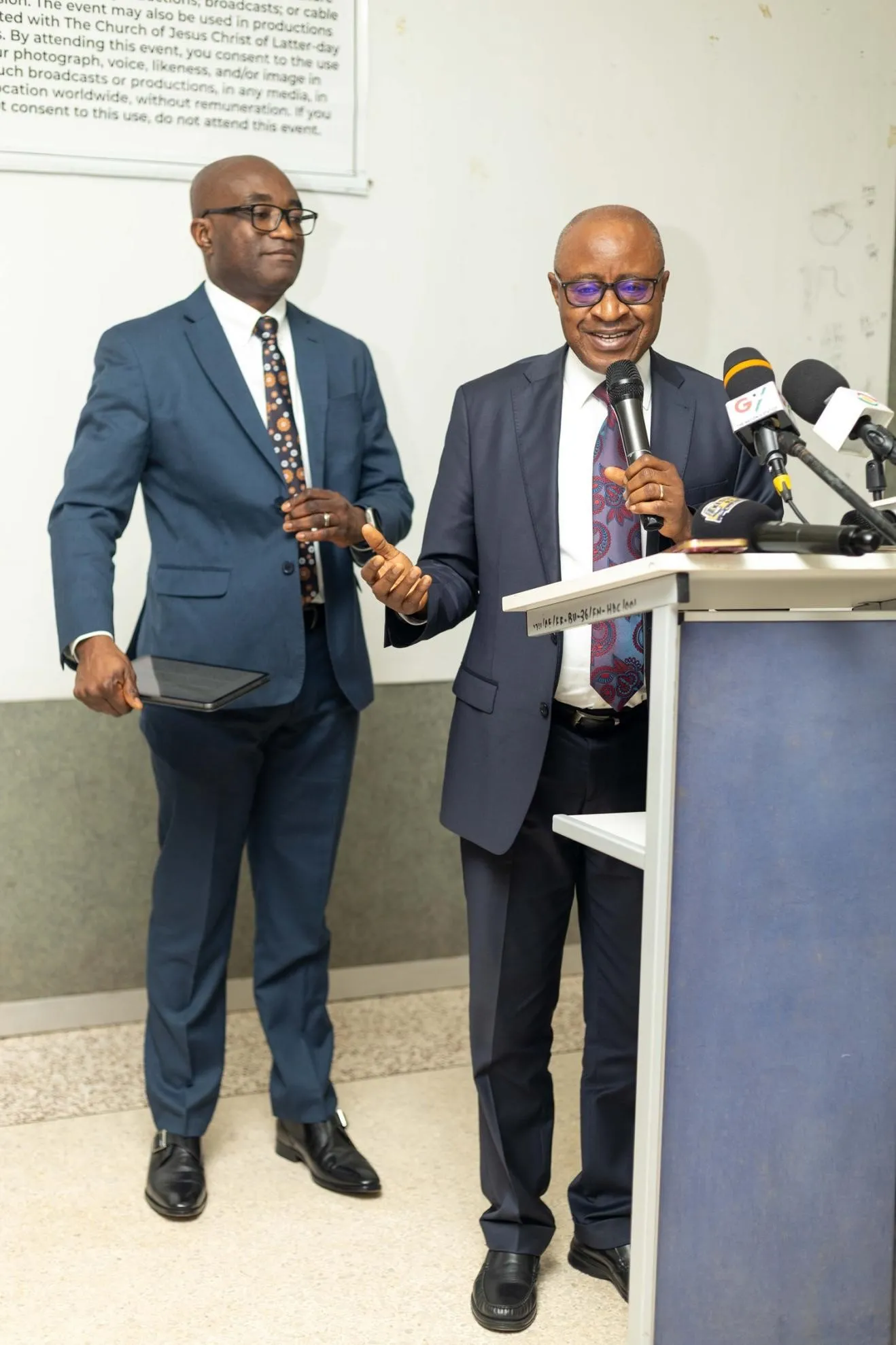Copyright The Boston Globe

With Congress offering little resistance to Trump’s expansion of executive power — even at lawmakers’ own expense — the courts have become a final obstacle to some of his most aggressive moves. The long, twisted journey of one of the dozens of lawsuits that have been filed against pieces of the Trump agenda offers insights into the ways the judicial system, clogged by the flood of suits and deliberative by design, has been unable to keep up with the president’s moves. And while Trump has racked up plenty of courtroom losses, he ultimately has not been seriously restrained. Trump took office in January pledging to drastically downsize foreign aid spending. But the money at issue had been appropriated by Congress and set aside for specific projects. The Global Health Council and the AIDS Vaccine Advocacy Coalition, along with similarly situated groups, sued in February, soon after the president declared he would reevaluate every award, keeping those dollars from beneficiaries abroad. Despite a series of interim rulings, the courts have not yet settled the core legal issues at stake. Yet even so, the Supreme Court allowed the Trump administration to choke off $4 billion in foreign aid appropriations that President Joe Biden had signed into law last year. The administration has maintained in court that all foreign aid is an expression of the country’s foreign policy, which is ultimately up to the president to set. In public, Trump has referred to foreign aid as a wasteful “left-wing scam,” contended that the United States gives billions to “countries that hate us,” and stated in the executive order that he was targeting foreign aid that was “in many cases antithetical to American values.” After the justices’ most recent order in September, the case has returned to courts in Washington, where litigation is moving ahead slowly, stymied in part by the government shutdown. But advocates say that at this point even if Trump loses in court, much of the damage is done. Just 24 days after Trump took office, a federal judge in Washington dealt him what initially appeared to be a major blow. Judge Amir H. Ali found that his “blanket suspension” of foreign aid grants was most likely unlawful and that the ensuing chaos had a “catastrophic effect on the humanitarian missions” of many groups involved. The judge ordered the government to reverse the freeze and begin paying out some $2 billion for work the groups had completed before the court stepped in. As a practical matter, the initial ruling dealt with the narrow, most immediate issue: the spending freeze Trump and his secretary of state, Marco Rubio, had put in place to keep funds locked away while they orchestrated a downsizing. The spending freeze alone appeared intended to cause chaos. The accounts of aid organizations ran dry with workers stranded overseas. Amid the freeze, associates of Elon Musk were simultaneously scrambling payment systems and sidelining or firing USAID and State Department workers. Many of the civil servants who once processed payments were unreachable. “Basically all of their supply chains were shut off overnight -- all the money stopped flowing; everything was halted,” said Stephen K. Wirth, a lawyer representing the aid organizations. “There was food rotting in ships, on docks. There was medicine expiring. It was unbelievably disruptive.” The Trump administration appealed and quickly reached the Supreme Court. Chief Justice John Roberts and Justice Amy Coney Barrett joined the court’s three liberal justices, sided with Ali and rejected the funding freeze. The ruling was interim, governing the state of play while Ali further considered the legal issues at play. But it hinted that Trump might not get a blank check, even from the conservative court. The Trump administration began gradually abiding by Ali’s order and paying out contracts, eventually surpassing $1 billion in back payments, according to court filings. Soon after, on March 10, the judge went further, addressing not only back payments but also ruling that all of Trump’s efforts to cut foreign aid most likely violated the Constitution and federal law. He ordered the government to spend all the funds Congress had set aside for foreign aid. That same day, Rubio announced that more than 80 percent of USAID’s programs would be cut, terminating thousands of contracts and effectively shuttering the agency. Lawyers for the Justice Department once again appealed, arguing that it was in Trump’s constitutional authority to hold back money Congress had appropriated, a process known as impoundment. A three-judge panel, including two Republican appointees, of the US Court of Appeals for the District of Columbia Circuit agreed. In August, the court ruled that only the comptroller general, not a constellation of outside groups, could sue to recover the money on Congress’s behalf. The brief legal momentum the aid organizations had built stalled, an experience repeated across the system as appeals courts have repeatedly undone rulings by lower court judges blocking the Trump agenda. In a major twist, on Aug. 29, the appeals court revisited and clarified its ruling. It allowed the groups to try again in the lower court with an argument that did not involve constitutional claims. Once again, the Trump administration tried to sidestep the legal challenge by racing ahead before it could be fully resolved. In a letter to Congress that night, the administration announced it would bypass lawmakers entirely, employing a legally dubious budgetary maneuver known as a pocket rescission. The lawsuit was hardly over. But while some congressional Republicans complained about the move, none appeared willing to defy the president or fight to keep the funds. On Sept. 3, Ali stepped back in, writing that the move appeared to be only the latest way to circumvent Congress. He ordered the government to dole out more than $10 billion in expiring funds across the dozens of categories in which the aid groups operate. The Trump administration appealed but gave some ground. It agreed to spend about $6.5 billion by the deadline but dug in its heels on the rest, much of which was set aside for development assistance, democracy promotion, and peacekeeping. The administration raced back to the Supreme Court for a third time, asking for a quick emergency order in its favor. On Sept. 26, the justices granted one, blocking Ali’s order and allowing the Sept. 30 deadline to pass with the funds still frozen. Indeed, in just two paragraphs, the majority stated that harm to the president’s ability to conduct foreign policy from siding with Ali would “outweigh the potential harm” to the groups being denied funding. But it stressed that the order was preliminary and should “not be read as a final determination on the merits.” Nothing was settled. The legal dispute would go on.



